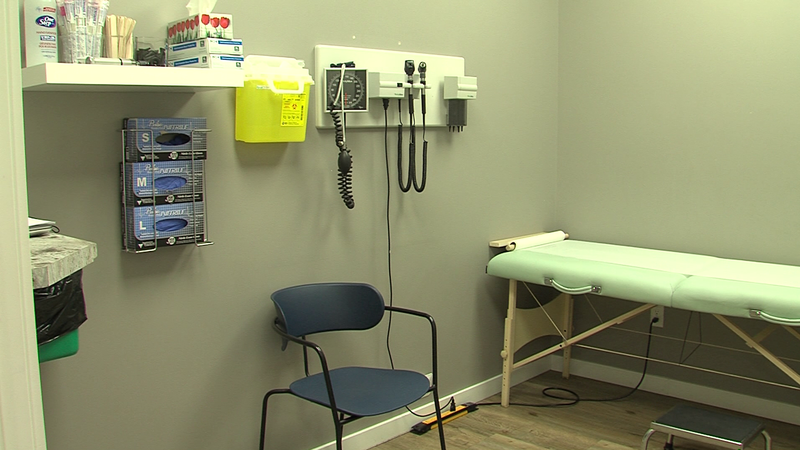
Doctor shortage impacting municipalities, increasing clinic wait times
MEDICINE HAT, AB – The doctor shortage has reached an alarming rate here in Canada, especially in smaller municipalities such as Medicine Hat. The loss of a family doctor has many in the community worried about where they will go for the care they need.
The Hill Centre walk-in clinic is experiencing firsthand the impact a shortage of family doctors is having here in the community.
“It’s infuriating for not only the general public, for us as the staff members here, for myself as a local community member and for our physicians,” says Samantha, operations director at the clinic. Samantha has asked her last name not be used for privacy reasons.
